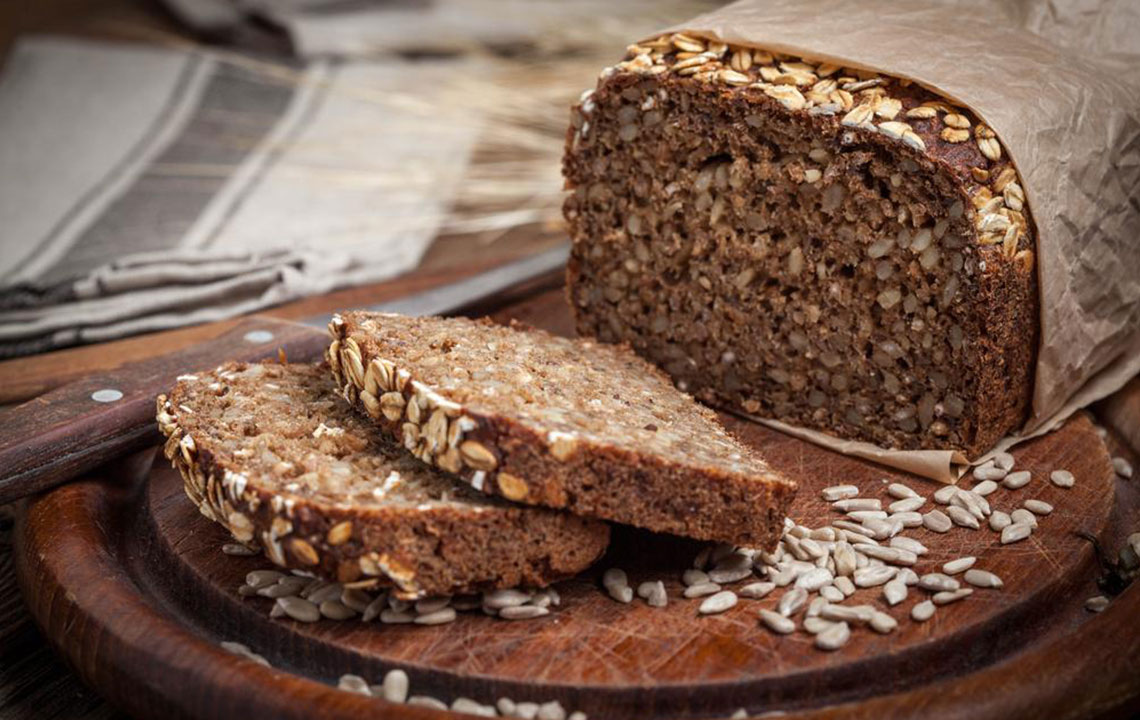Whole grains as high fiber foods
Whole grains are very good source of dietary fiber along with carbohydrates, antioxidants, and multiple minerals; therefore, including whole grains in the regular diet may keep us away from various health problems such as heart diseases, diabetes, and high blood pressure. Whole grains are unprocessed grains which include the germ, endosperm, and bran of the grain. Some sources of whole grain are wheat, rice, barley, corn, maize, rye, oats, etc. Below are some high fiber whole grain foods which can be a part of our high fiber diet plan:
Bulgur is one of the high fiber foods made of various different wheat species and per 100 grams of cooked bulgur provides 4.5 grams of fiber.

Whole wheat pasta per 100 grams provides 4.5 grams of fiber and it is better to cook them with various vegetables. Whole grain and multi grain bread are made of whole unprocessed grains and provide a good amount of fiber.
Multi grain bread is made of two or more grains, while some whole and multi grain bread include a variety of nutritious seeds as flax seeds, pumpkin seeds, sunflower seeds, quinoa, etc.
Kamut (Khorasan wheat) is a tetraploid wheat species and per 100 grams of cooked Kamut provides 3.9 grams of fiber. Spelt is another wheat species, and Spelt flour is basically used for baking. Per 100 grams provides 3.9 grams of fiber.
Barley is mainly used in stews, soup, potage, and in bread, and per 100 grams of cooked barley contains 3.8 grams of fiber.
Brown rice and wild rice are the most nutritious and caloric food; these can be served with various vegetables, meat, egg, and fish, etc. Oatmeal and quinoa flour are two other essential whole grains rich in dietary fiber and minerals. Apart from these whole grains, there are so many other high fiber whole grains are available.
Doctors suggest that people of age 50 years and above needs less fiber; a male below 50 years require 38 grams of fiber while a female would require 25 grams of fiber daily. Likewise, a male of 50 years and above require 30 grams of fiber and female require 21 grams of fiber daily. Therefore, it is necessary to add these high fiber whole grain foods in a proper amount to our high fiber diet plan.

